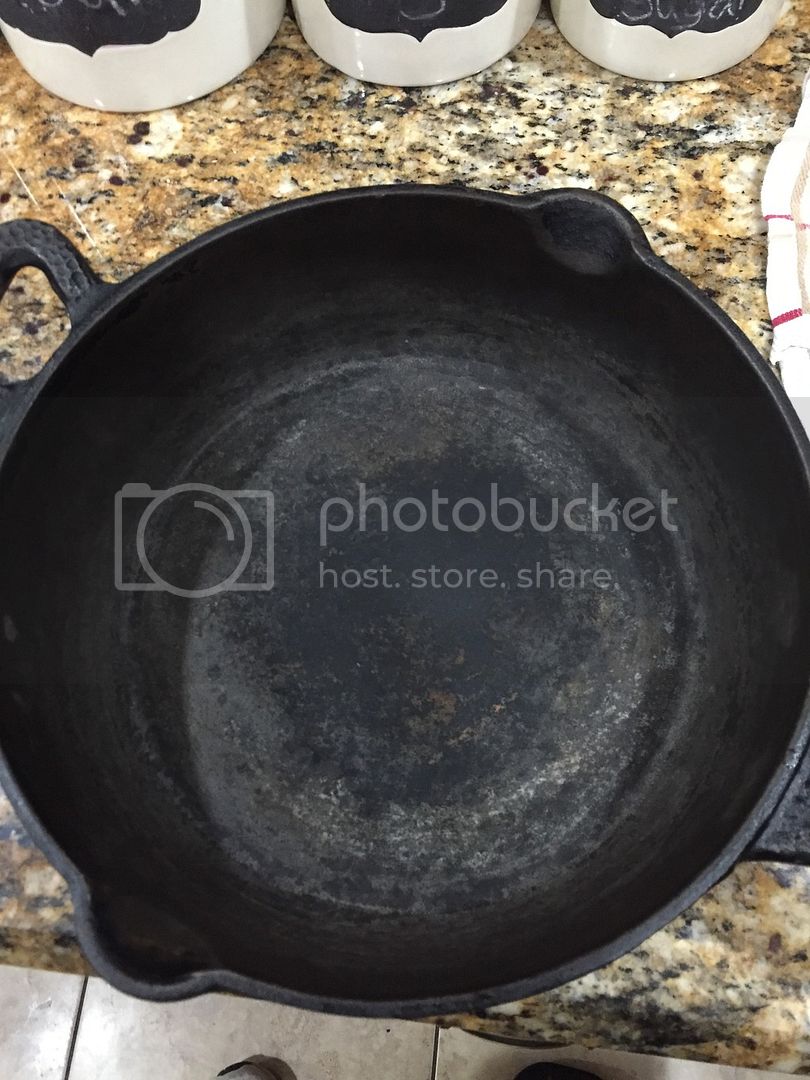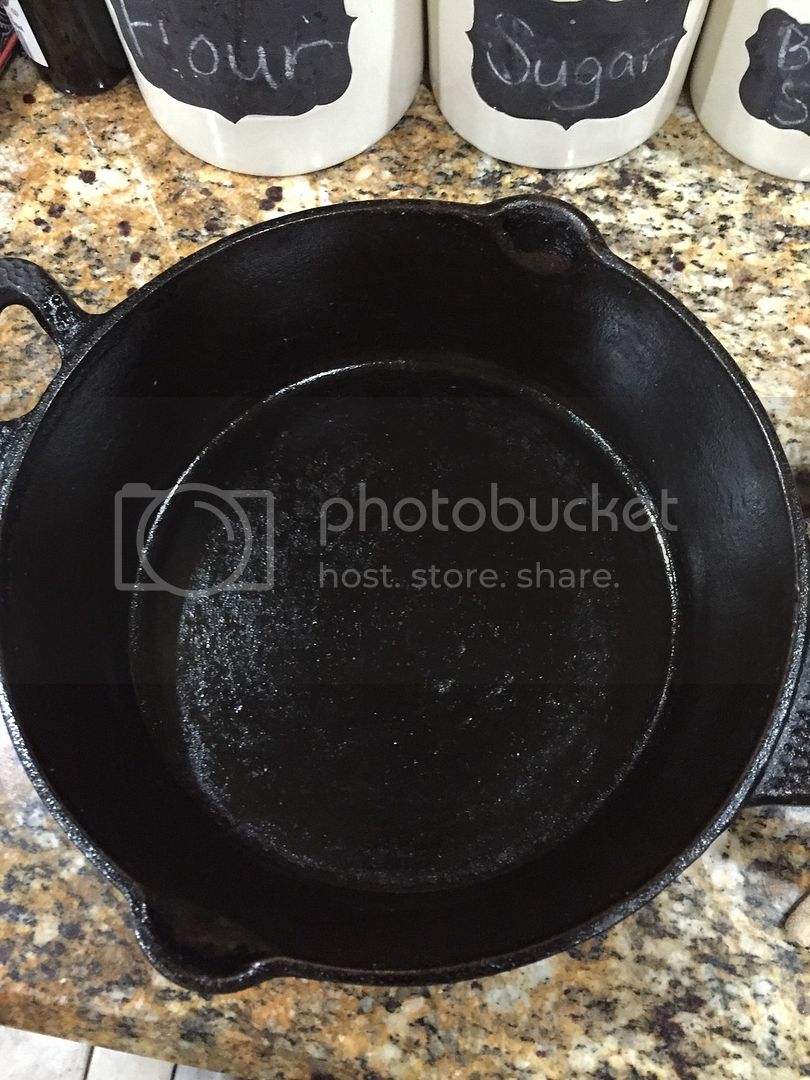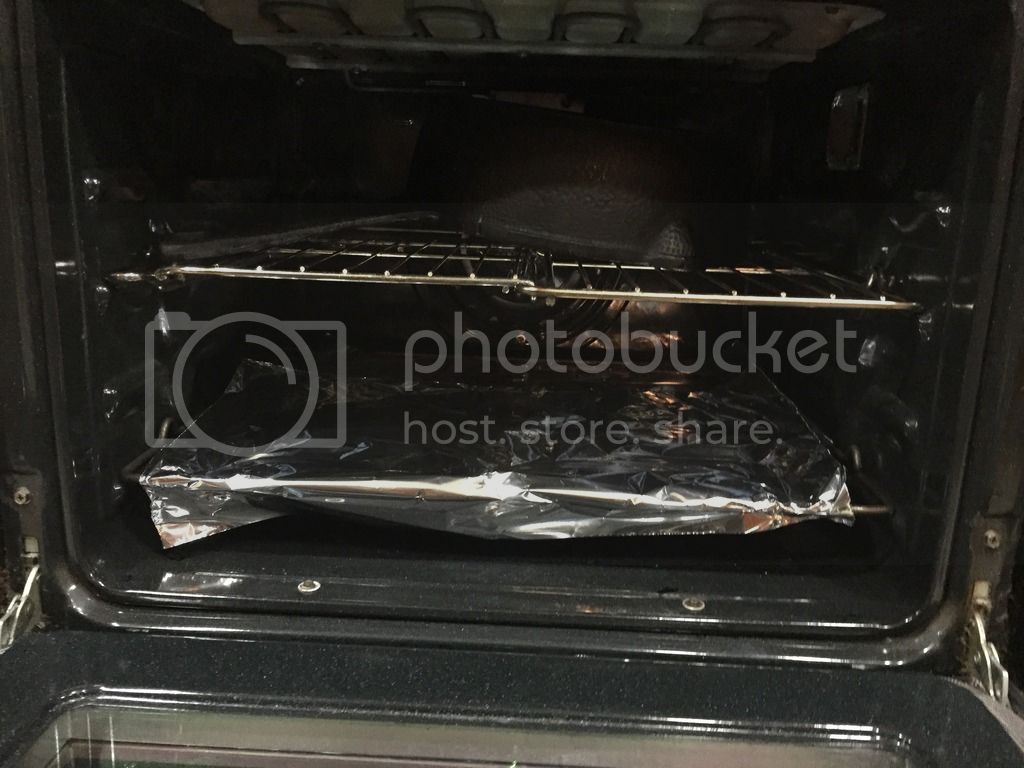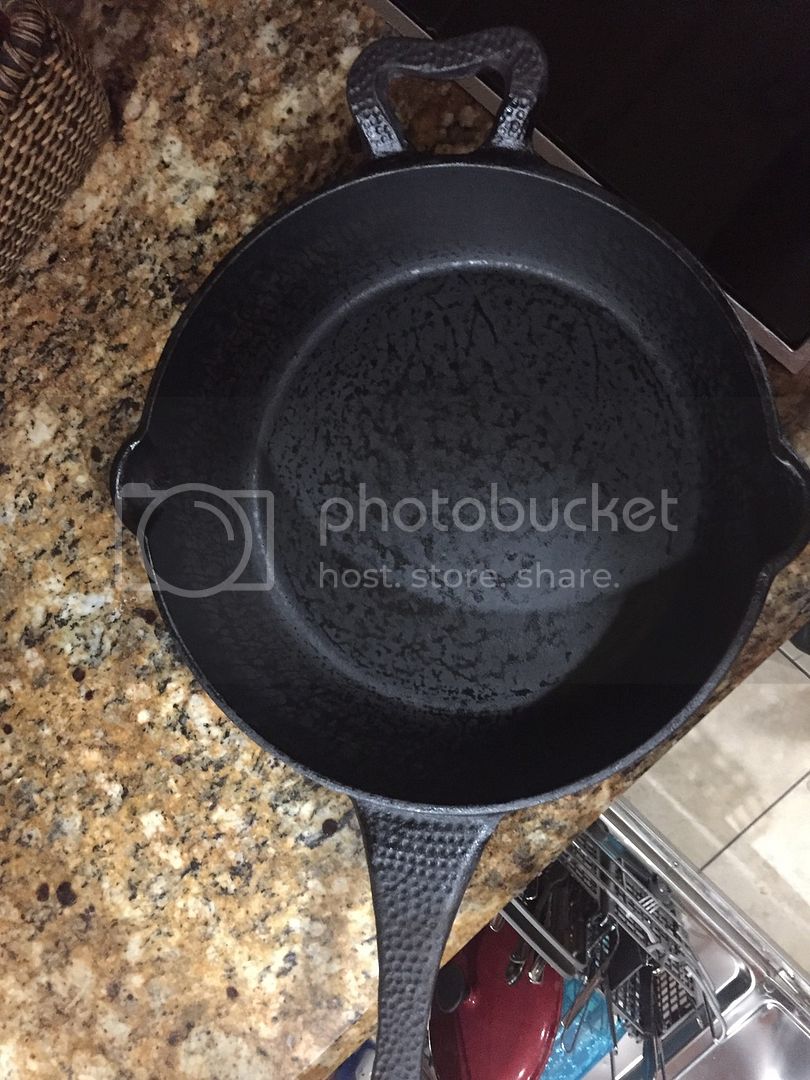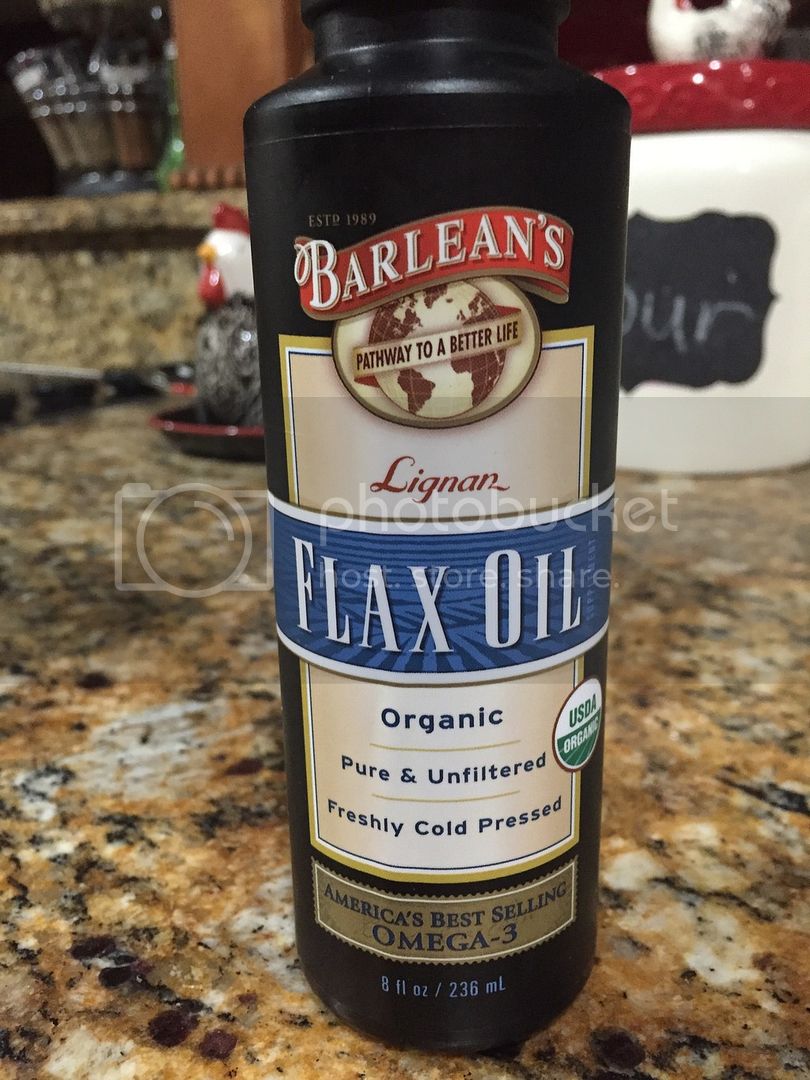It's been a while since I first heard about this, might have even posted something about it but there is a new way to season cast iron that makes it to where you may never have to season it again. The method, use multiple layers of Flaxseed Oil. Apparently there is something about the high level of Omega 3 Fatty Acids that when left at high heat causes them to combine to polymerize to the surface. Here's the link and the article.
Link:
https://www.cooksillustrated.com/how_tos/5820-the-ultimate-way-to-season-cast-iron
Article:
The Ultimate Way to Season Cast Iron
BY COOK'S ILLUSTRATED
PUBLISHED JANUARY 2011
SAVESHARE
We'd seasoned our cast iron the same way for years. But when we heard about a new method that creates a slick surface so indestructible that touch-ups are almost never necessary, we were intrigued.
For years weve seasoned cast-iron cookware in the test kitchen by placing it over medium heat and wiping out the pan with coats of vegetable oil until its surface turns dark and shiny. When a pan starts to look patchy, we simply repeat the process. But when we heard about a new method for seasoning cast iron that creates a slick surface so indestructible that touch-ups are almost never necessary, we were intrigued. Developed by blogger Sheryl Canter, the approach calls for treating the pan with multiple coats of flaxseed oil between hour-long stints in the oven.
How We Tested This Method
We carried out Canters approach on new, unseasoned cast-iron skillets and compared them with pans treated with vegetable oiland the results amazed us. The flaxseed oil so effectively bonded to the skillets, forming a sheer, stick-resistant veneer, that even a run through our commercial dishwasher with a squirt of degreaser left them totally unscathed. But the vegetable oil-treated skillets showed rusty spots and patchiness when they emerged from the dishwasher, requiring reseasoning before use.
Why did the new treatment work so well? Flaxseed oil is the food-grade equivalent of linseed oil, used by artists to give their paintings a hard, polished finish, and it boasts six times the amount of omega-3 fatty acids as vegetable oil. Over prolonged exposure to high heat, these fatty acids combine to form a strong, solid matrix that polymerizes to the pans surface.
How to Season Cast Iron with This Method
Although lengthy, seasoning with flaxseed oil is a mainly hands-off undertaking. We highly recommend the treatment:
Warm an unseasoned pan (either new or stripped of seasoning) for 15 minutes in a 200-degree oven to open its pores. The best way to strip a cast-iron pan of seasoning is to run the pan through your oven's self-cleaning cycle.
Remove the pan from the oven. Place 1 tablespoon flaxseed oil in the pan and, using tongs, rub the oil into the surface with paper towels. With fresh paper towels, thoroughly wipe out the pan to remove excess oil.
Place the oiled pan upside down in a cold oven, then set the oven to its maximum baking temperature. Once the oven reaches its maximum temperature, heat the pan for one hour. Turn off the oven; cool the pan in the oven for at least two hours.
Repeat the process five more times, or until the pan develops a dark, semi-matte surface.
Even after a run in the dishwasher, the pan seasoned with flaxseed oil held on to its perfect seasoning. The pan seasoned with vegetable oil did not.
I'm going to give it a go starting tonight with the first coat. Pics to follow.
Link:
https://www.cooksillustrated.com/how_tos/5820-the-ultimate-way-to-season-cast-iron
Article:
The Ultimate Way to Season Cast Iron
BY COOK'S ILLUSTRATED
PUBLISHED JANUARY 2011
SAVESHARE
We'd seasoned our cast iron the same way for years. But when we heard about a new method that creates a slick surface so indestructible that touch-ups are almost never necessary, we were intrigued.
For years weve seasoned cast-iron cookware in the test kitchen by placing it over medium heat and wiping out the pan with coats of vegetable oil until its surface turns dark and shiny. When a pan starts to look patchy, we simply repeat the process. But when we heard about a new method for seasoning cast iron that creates a slick surface so indestructible that touch-ups are almost never necessary, we were intrigued. Developed by blogger Sheryl Canter, the approach calls for treating the pan with multiple coats of flaxseed oil between hour-long stints in the oven.
How We Tested This Method
We carried out Canters approach on new, unseasoned cast-iron skillets and compared them with pans treated with vegetable oiland the results amazed us. The flaxseed oil so effectively bonded to the skillets, forming a sheer, stick-resistant veneer, that even a run through our commercial dishwasher with a squirt of degreaser left them totally unscathed. But the vegetable oil-treated skillets showed rusty spots and patchiness when they emerged from the dishwasher, requiring reseasoning before use.
Why did the new treatment work so well? Flaxseed oil is the food-grade equivalent of linseed oil, used by artists to give their paintings a hard, polished finish, and it boasts six times the amount of omega-3 fatty acids as vegetable oil. Over prolonged exposure to high heat, these fatty acids combine to form a strong, solid matrix that polymerizes to the pans surface.
How to Season Cast Iron with This Method
Although lengthy, seasoning with flaxseed oil is a mainly hands-off undertaking. We highly recommend the treatment:
Warm an unseasoned pan (either new or stripped of seasoning) for 15 minutes in a 200-degree oven to open its pores. The best way to strip a cast-iron pan of seasoning is to run the pan through your oven's self-cleaning cycle.
Remove the pan from the oven. Place 1 tablespoon flaxseed oil in the pan and, using tongs, rub the oil into the surface with paper towels. With fresh paper towels, thoroughly wipe out the pan to remove excess oil.
Place the oiled pan upside down in a cold oven, then set the oven to its maximum baking temperature. Once the oven reaches its maximum temperature, heat the pan for one hour. Turn off the oven; cool the pan in the oven for at least two hours.
Repeat the process five more times, or until the pan develops a dark, semi-matte surface.
Even after a run in the dishwasher, the pan seasoned with flaxseed oil held on to its perfect seasoning. The pan seasoned with vegetable oil did not.
I'm going to give it a go starting tonight with the first coat. Pics to follow.

